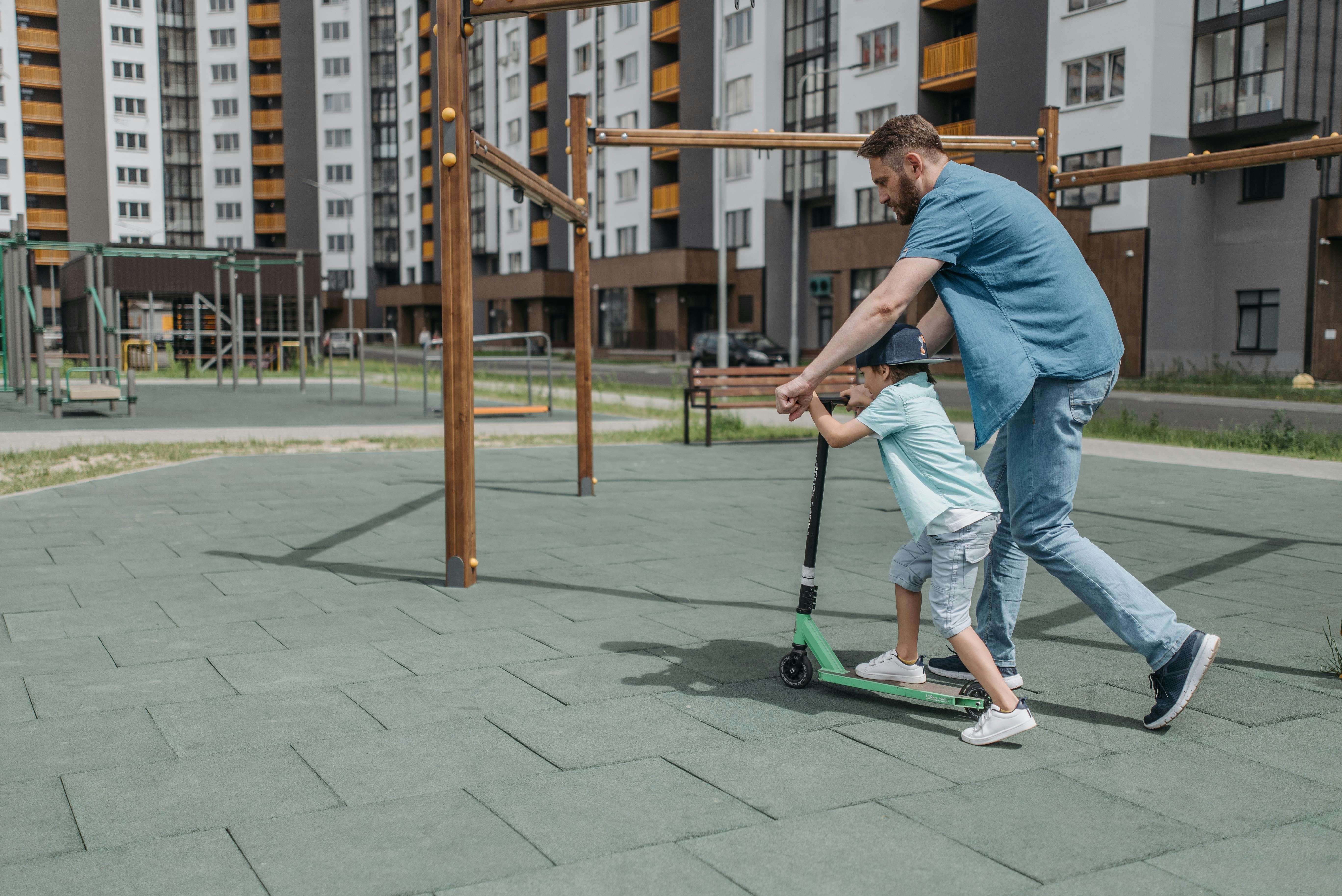Overview
A contemporary method based on respect, love, and encouraging discipline, positive parenting is still becoming more and more popular with families all over the world. Studies demonstrating this strategy’s significant influence on children’s general development make its advantages even more clear in 2024. Positive parenting strategies can help kids do better in school, have less behavioral problems, and have better mental health, which will hopefully mean a better future for both parents and kids.

Identifying Positive Parenting
The hallmark of positive parenting is creating a loving and encouraging atmosphere that promotes growth in children. It stresses setting clear, just limits, and communicating with empathy. Fundamental values are respect for one another, attentive listening, and constant expression of unwavering love.
Benefits to Children
Positive parenting styled children frequently perform better academically. Studies show that because their parents have created a supportive and inspiring atmosphere, these kids are more likely to succeed academically. Less behavioral issues have also been associated with positive parenting. Kids who feel appreciated and understood have less of an aggressive and rebellious tendency. Additionally significant are the advantages to mental health since kids raised in loving homes typically have higher self-esteem and greater emotional resilience.
Parental Benefits
Beyond the benefits to the children, positive parenting has a great deal to offer parents. Stronger, more respectful parent-child interactions are fostered by this strategy. Parents so report feeling less stressed and more satisfied in their parenting responsibilities. Positive disciplinary strategies used consistently, as opposed to harsh ones, lower friction in the home and encourage a more peaceful dynamic within the family.
Strategies and Techniques
Practical techniques that promote good conduct and provide clear expectations are part of positive parenting implementation. One important strategy is positive reinforcement, in which parents praise and reward good deeds to promote their repeating. Praise, for example, a youngster who turns in their homework on time can encourage them to keep up this habit. Another critical component is to establish limits. As well as regular penalties, parents should explain clear guidelines and expectations. Crucially, these guidelines need to be communicated sympathetically and with consideration for the child’s viewpoint.

Problems and Fixes
Particularly for parents switching from conventional disciplinary techniques, implementing positive parenting can be difficult. One frequent challenge is continuing to use positive discipline consistently. It takes time and perseverance to get over this, and when you do, you should ask for help—parenting groups, counseling, or instructional materials. Constructive correction of misbehavior without resorting to punitive measures is another difficulty. Parents who concentrate on finding solutions and comprehending the fundamental reasons of the behavior can get through this.
In summary
Twenty-four years from now, positive parenting has enormous potential to produce resilient, happy, and healthy kids. Parents who take this kind and encouraging tack can build strong family ties and provide their kids the skills they need to succeed in a variety of spheres of life. Adopting good parenting not only improves the growth of the child but also turns parenting into a fulfilling path of development and relationship.